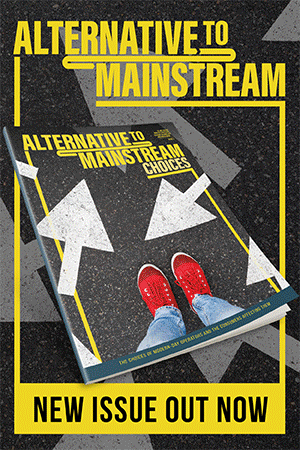Train strikes confirmed for first week of December
Train driver union ASLEF has announced a rolling programme of one-day train strikes.

Train driver union ASLEF has announced a rolling programme of one-day train strikes and a nine-day overtime ban during the first week of December.
Walkouts will take place between 2 and 8 December, with different train companies affected on each day.
The union says the action aims to "ratchet up the pressure on the 16 train companies – and the Tory government that stands behind them – to give train drivers who have not had an increase in salary for four-and-a-half years the pay rise they deserve".
UKHospitality has reacted to the news, saying that the strikes will hit hospitality businesses at the start of the critical festive period and will devastate trading during one of the busiest weeks of the year, costing the sector up to £800m.
Operators have also been reacting on social media, with Dave Strauss, co-owner of The Three Compasses in Farringdon, saying the "Train strikes will tear the arse out of business for that first week of December which is probably the second busiest week of the year for many."
Which lines will the strikes affect?
ASLEF has saud that members will walk out at EMR and LNER on Saturday 2 December; at Avanti West Coast, Chiltern, Great Northern Thameslink, and WMT on Sunday 3 December; at C2C and Greater Anglia on Tuesday 5 December; at Southeastern, Southern/Gatwick Express, SWR main line, SWR depot drivers, and Island Line on Wednesday 6 December; at CrossCountry and GWR on Thursday 7 December; and at Northern and TPT on Friday 8 December.
All members will also refuse to work any overtime from Friday 1 to Saturday 9 December.
"The ongoing rail dispute has already cost the sector £3.5bn over the past year and a half and continues to disrupt businesses, prevent staff from working and interrupt families’ Christmas plans," says Kate Nicholls, CEO of UKHospitality. "I would urge all parties to get back round the table to resume negotiations and work urgently to reach a solution that avoids these devastating strikes, including following the lead of the RMT who have reached an agreement to avoid strikes over Christmas.
"Hospitality businesses rely on revenue made during the busy festive period to see them through the fallow months of January to March, so it’s essential strikes during December are avoided."













